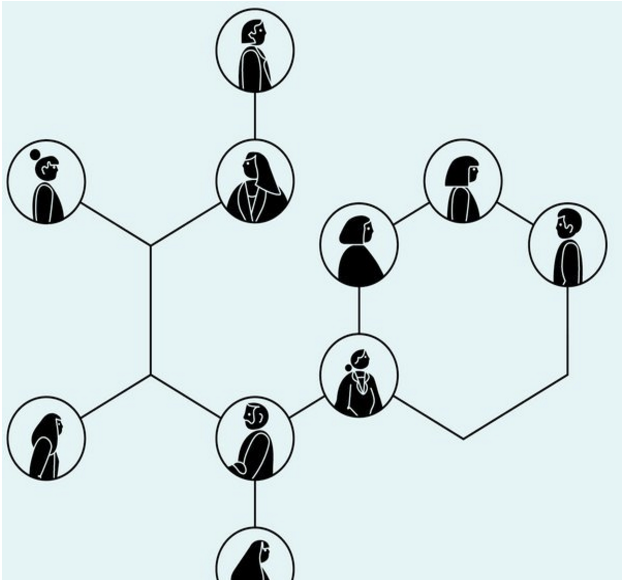Google Finds That Successful Teams Are About Norms Not Just Smarts – Medium
Another important question was “What makes a team successful (or not)?” and Google’s research into this topic was beautifully recounted in a NYTimes Magazine article earlier this year.

It would make sense to start with some assumption that a team’s success is tied to its composition in some fixed way. For example, a ratio of engineers to non-engineers. Or senior leaders with junior followers. But when Google started to examine the variables it couldn’t find a connection.
‘‘We looked at 180 teams from all over the company,’’ Dubey said. ‘‘We had lots of data, but there was nothing showing that a mix of specific personality types or skills or backgrounds made any difference. The ‘who’ part of the equation didn’t seem to matter.’’
What did the research — called Project Aristotle — eventually discern? That team norms — how teams agree to behave and function — were more important determinants than purely team composition. So they dove into understanding what type of norms mattered most.
What interested the researchers most, however, was that teams that did well on one assignment usually did well on all the others. Conversely, teams that failed at one thing seemed to fail at everything. The researchers eventually concluded that what distinguished the ‘‘good’’ teams from the dysfunctional groups was how teammates treated one another. The right norms, in other words, could raise a group’s collective intelligence, whereas the wrong norms could hobble a team, even if, individually, all the members were exceptionally bright.
I can only imagine how shocking this would be to Googlers who often prided themselves on raw intelligence and generally believe throwing data and brains at a problem is the surest solution.
So what were the norms of successful teams?
First, on the good teams, members spoke in roughly the same proportion, a phenomenon the researchers referred to as ‘‘equality in distribution of conversational turn-taking.’’
Second, the good teams all had high ‘‘average social sensitivity’’ — a fancy way of saying they were skilled at intuiting how others felt based on their tone of voice, their expressions and other nonverbal cues.
On one level these are intuitive conclusions but they’re certainly not the characteristics that I’ve ever seen an organization build teaming or training around. The entire article is wonderful and I’d recommend it for anyone who works on a team or helps teams succeed. So basically, everyone.
Originally published at hunterwalk.com on September 3, 2016.
